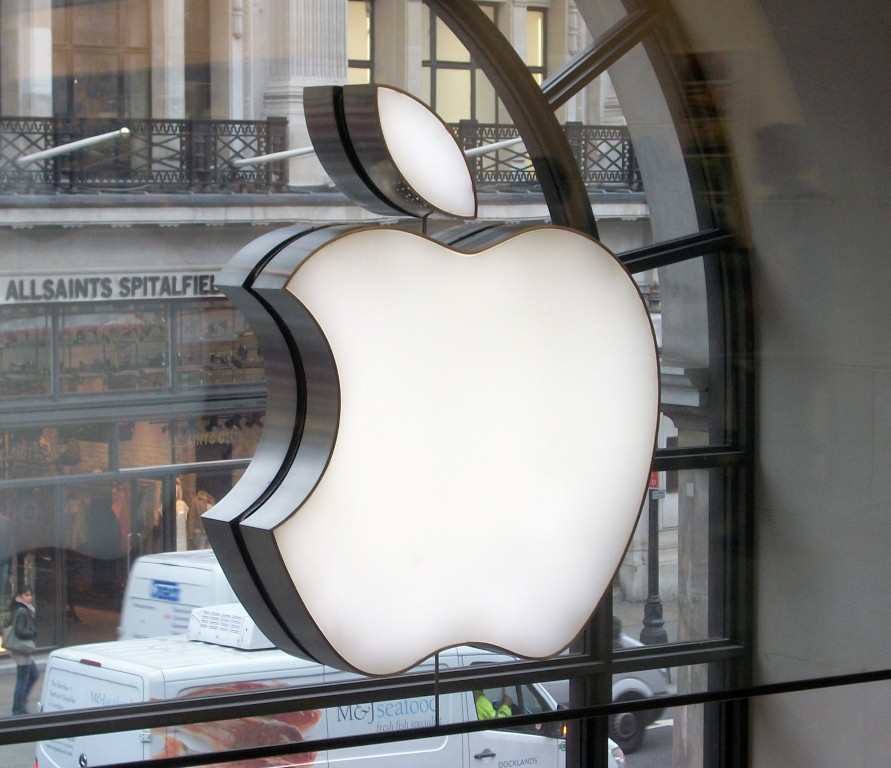

A US judge has ruled that Apple cannot pursue an injunction against Motorola Mobility, effectively ending Apple’s efforts to ban the sale of Motorola phones.
Judge Richard Posner dismissed the litigation between the two companies “with prejudice”, meaning that it can’t be refiled. Posner was the same judge that cancelled the 11 June trial between them earlier this month, claiming that neither side was able to prove that it had suffered damages.
Both sides have the option of appealing the ruling, but Google-owned Motorola has said it is pleased with the outcome.
Apple had sought an injunction barring the sale of Motorola products which used Apple’s technology, but Posner said that neither side was entitled to an injunction. He said that since Motorola could design around the minor technological features covered by Apple’s patents, an injunction would be an inappropriate course of action, adding that Apple had not clearly demonstrated that Motorola phones caused a loss of consumer goodwill to justify one.
Motorola was told that it could not seek an injunction based on the one patent that it was still asserting. It had promised to license the patent, which covers an aspect of wireless communication, in exchange for it being adopted as an industry standard.
“The outcome of the Chicago litigation between Apple and Google subsidiary Motorola Mobility was not a huge surprise. Judge Posner had previously cancelled a jury trial and indicated his inclination to dismiss the case,” said analyst Florian Mueller. “He didn’t even want to hold a hearing but changed his mind and gave the parties another chance to persuade him. It was clear that it wasn’t going to be easy, but the companies’ lawyers tried. And they will keep trying elsewhere: this case is 100% certain to be appealed to the Federal Circuit.”
“As far as the legal reasoning behind the dismissal of Apple’s claims is concerned, it boils down to a procedural/tactical question: the ruling essentially says that Apple didn’t do its homework in terms of expert reports and witnesses to be entitled to an injunction (or, in the alternative, monetary compensation) while it had the chance to do so,” he added.
Motorola first sued Apple in October 2010 in a move that was widely seen as a pre-emptive strike against Apple’s expected lawsuit, which arrived later that month. The two companies were reportedly close to arranging a patent license deal last year, but were unable to reach an agreement.
What do you know about patents? Find out with our quiz!
Nvidia to partner with TSMC, Foxconn, Wistron, Amkor and SPIL to build $500 billion (£377…
American think tank warns about possible threat to US defence, after China imposes rare earth…
China is reportedly pursuing three alleged US NSA operatives, after cyberattacks on Chinese infrastructure
Chip making giant ASML mirrors other equipment makers, and outlines financial impact of Donald Trump's…
AI is transforming cybersecurity, offering faster defence and smarter attacks. Learn how businesses can harness…
Search engine giant being sued for £5 billion ($6.64 billion) damages over allegations for online…